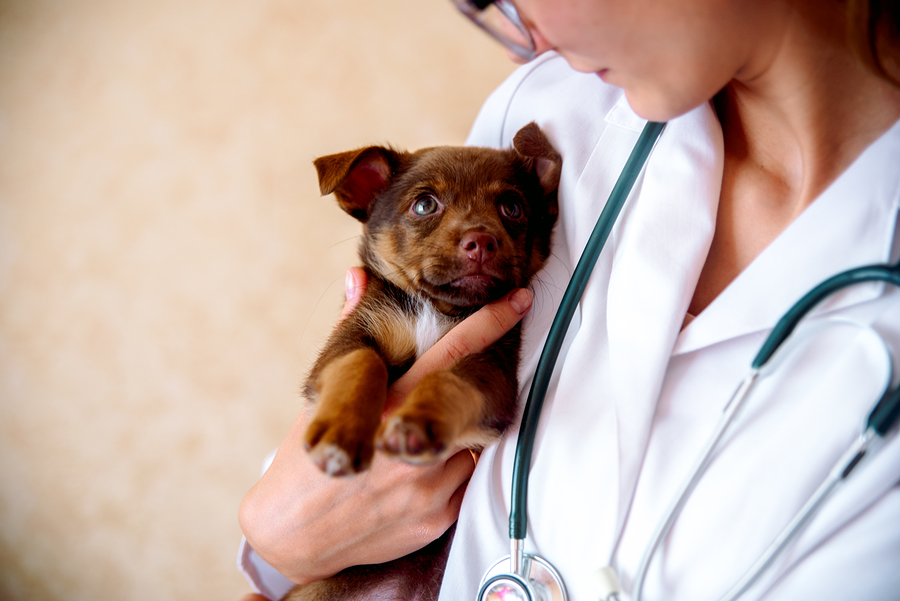With so much unknown about the novel coronavirus, are assurances about our pets’ safety reliable? And are they a risk to us? Here’s what we know today.
A second dog in Hong Kong has tested positive for the novel coronavirus. His owner was diagnosed with the disease, and the German Shepherd is in quarantine along with another dog and four cats who also come from affected households but are testing negative. None of the pets have shown any symptoms of the disease.
Idexx, a national veterinary diagnostic laboratory, has tested thousands of U.S. canine and feline samples and all came back negative.
Here’s what the American Veterinary Medical Association (AVMA) concludes from those facts:
Considering this information in total, infectious disease experts and multiple international and domestic human and animal health organizations agree there is no evidence at this point to indicate that pets become ill with COVID-19 or that they can spread COVID-19 to other animals, including people.
On the flip side, the virus can certainly be present on a cat toy or a dog’s leash, or anything else an infected person may have touched – presumably including a pet’s fur. Guidance provided to animal shelters by the Maddie’s Shelter Medicine Program at the University of Florida indicates the virus can probably live on a dog’s fur and paws for approximately five days. They recommend “bathing with a shampoo or detergent such as Dawn dishwashing soap [which] will mechanically remove and inactivate viral particles (similar to handwashing).”
What about objects like toys, leashes, collars, etc.? These items should all be washed following the guidelines for surfaces and household items issued by the CDC.
For many pets, particularly dogs, the pandemic precautions are causing significant disruption to their routines. Their humans are around more, family tensions may be increased due to “cabin fever” or economic worry, and activities like dog park outings and daycare may be curtailed.
While enrichment is always important in a Fear Free Happy Home, it’s critical now. Here are a few ideas:
- Add fun games like a treasure hunt for treats or hide and seek to your pet’s day.
- Try out new games and toys made just for pets.
- Fill a kiddy pool with balls to create a “dig pit.”
- Use the amazing canine and feline sense of smell to create new experiences for your pets.
- Use food puzzles instead of bowls at mealtime.
- Take your dog for a car ride if he enjoys it.
Fear Free Happy Homes will continue to update you on the COVID-19 pandemic as it relates to your pets at fearfreehappyhomes.com/covid19. You can also follow these sources for reliable information:
Worms and Germs blog from the University of Guelph
The New Coronavirus and Companion Animals from the World Small Animal Veterinary Association
Frequently Asked Questions from the World Organisation for Animal Health
COVID-19 Frequently Asked Questions from the AVMA
This article was reviewed/edited by board-certified veterinary behaviorist Dr. Kenneth Martin and/or veterinary technician specialist in behavior Debbie Martin, LVT.








